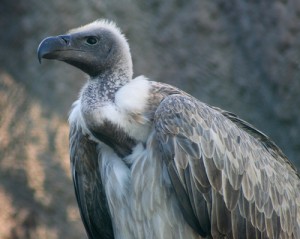 In what seems like good news for the aerial scavengers of India, a recent study has found that post ban of the drug Diclofenac in India, the decline in vulture population has reduced to 60 percent between 2006 and 2008. But to sustain this decline, a regular and concentrated effort to eradicate the use of the killer drug is impertinent.
In what seems like good news for the aerial scavengers of India, a recent study has found that post ban of the drug Diclofenac in India, the decline in vulture population has reduced to 60 percent between 2006 and 2008. But to sustain this decline, a regular and concentrated effort to eradicate the use of the killer drug is impertinent.
In a study published in the online journal PLoS ONE researchers reported how they measured the presence and the concentration of a particular drug in animal carcasses in India. This drug is called Diclofenac and is used by farmers especially as pain killers for their cattle. The high concentration of the drug in the dead animal carcasses led the scavenger vultures to get poisoned by the drug. Most vultures die due to malfunctioning of their body organs and visceral gout.
In 2006, India and neighbouring country Nepal banned the use of Diclofenac for veterinary use.
The study authors found that the presence of the drug in animal carcasses fell to more than 40 percent after the ban was implemented. They also found the animals that were contaminated, had a lesser concentration of the drug than reported earlier.
They concluded that combining the effects of these two changes, the expected rate of annual population decline of the vultures is expected to slow by approximately 60 percent. For the most susceptible species, the oriental white-backed vulture the decline rate calculated now is about 18 percent per year as compared to 40 percent per year before the ban.
Although this is good news, it cannot be termed great until and unless the decline is completely stopped because even the presence of 10 percent of the drug’s residue in the cattle carcass can prove fatal to the vultures.
Lead author, Dr Richard Cutbert of RSPB, said: “This shows how much progress has been made, but there is still a job to do to make sure that safe alternative drugs are used. Unfortunately some of the alternatives have not been tested for their safety to vultures and one drug in increasing use, ketoprofen, is already known to be toxic to vultures.”
What is officially never reported is that diclofenac that is manufactured for human use, is still being used illegally for veterinary purposes.
One of the study’s authors, Dr Devendra Swarup, former Research Director of the Indian Veterinary Research Institute, commented,
“Because of the difficulty in ensuring that human diclofenac is not being used illegally and in secret, testing the vulture food (cattle carcasses) directly is the only way to find out how safe the vultures really are.”
Also a matter of concern is that apart from diclofenac there are other drugs too that are legal and might be toxic to the vultures. A drug called meloxicam which is now growing in popularity has thankfully being found to be safe for the birds, but others are still poisonous.
Dr Asad Rahmani, Director of the Bombay Natural History Society said: “Complete removal of diclofenac from vulture food is the single most important action needed to save vultures. Human formulations are still being sold by some irresponsible companies in large veterinary-sized vials (30ml) and these bigger bottles must also be outlawed to make illegal diclofenac use on cattle more difficult and expensive.”
The research proves that the conservation efforts are in the right direction but there are miles to go before vultures finally soar the skies once again free from the fear of untimely death due to killer drugs.
-Atula Gupta
Related Stories:
Filmmaker Raising Voice for the Dying Vultures
Six reasons why Vultures may be Dying in India
Rare Flock of White-rumped Vultures Spotted in Assam

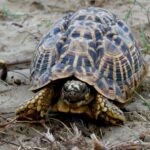
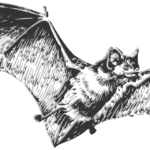
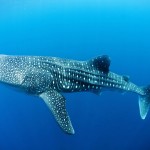

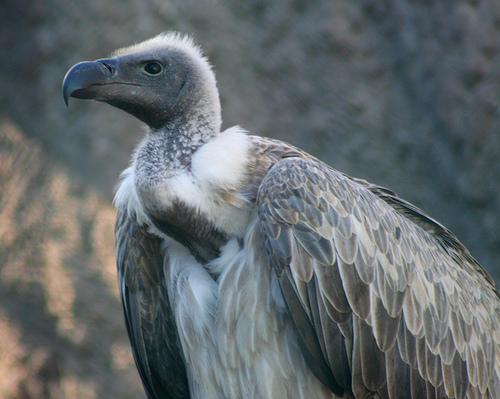

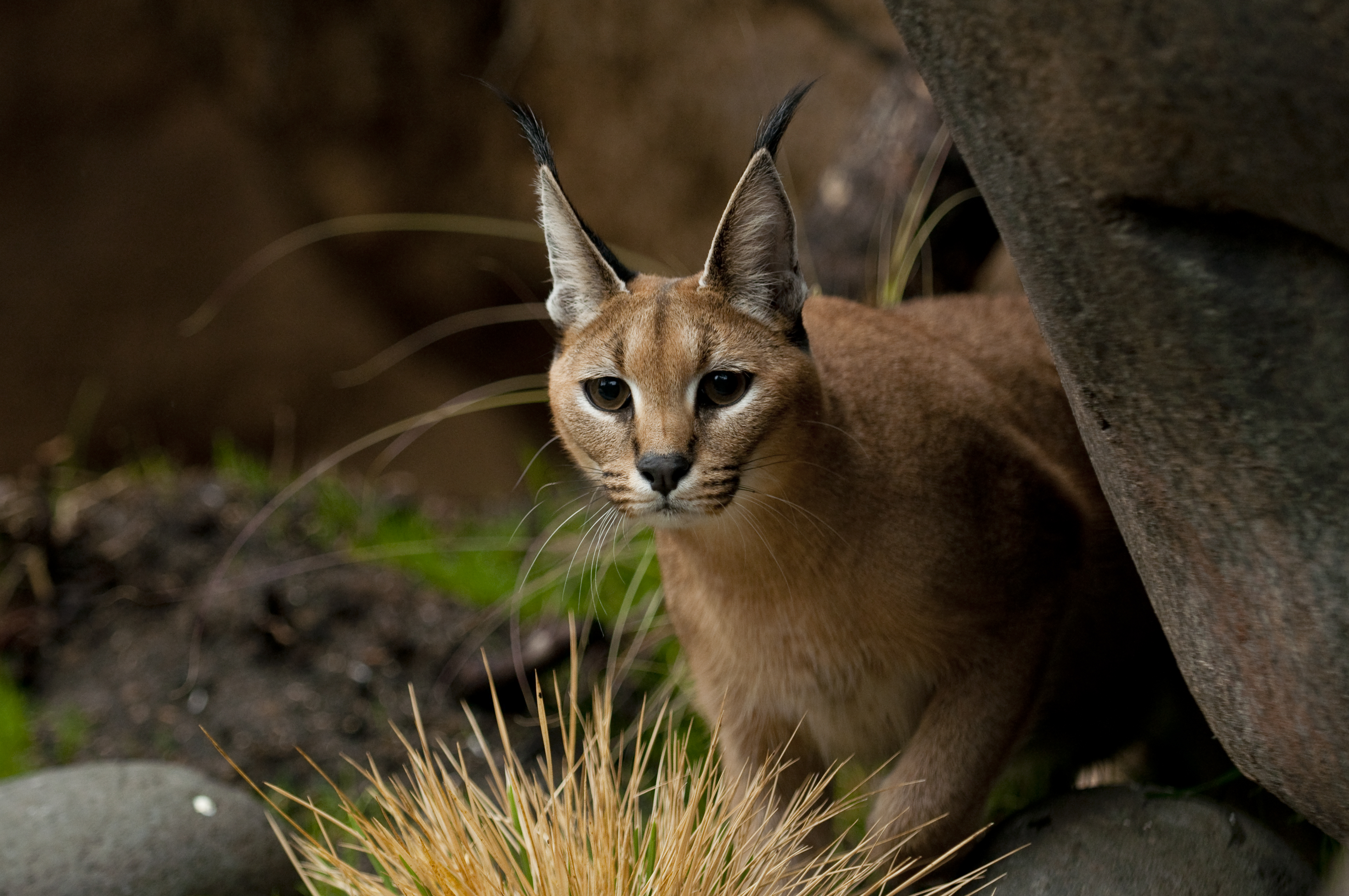
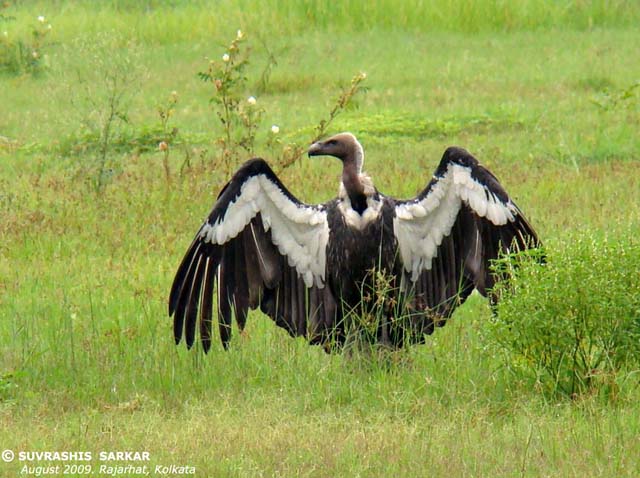
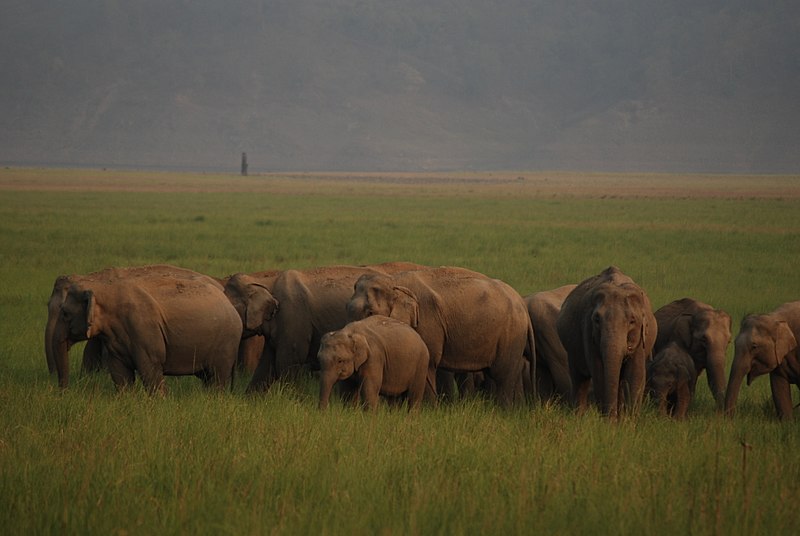
this is a very good news. We definitely have hope if we can completely phase out the killer drug. If we can stop the cause, nature has it’s own strength to protect it’s child. I am sure the vulture will come back. We will not just let them disappear.
You are absolutely right Neloy. Nature does have the power to heal itself, if only humans leave her in peace. I am sure, the work done for the conservation of vultures will bear results.